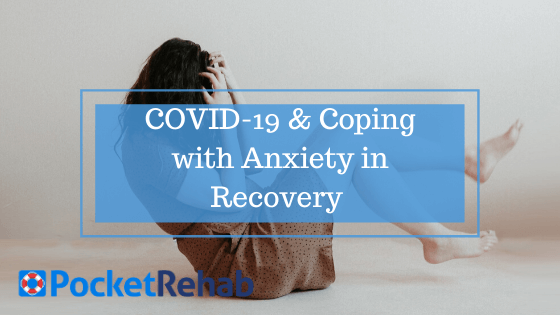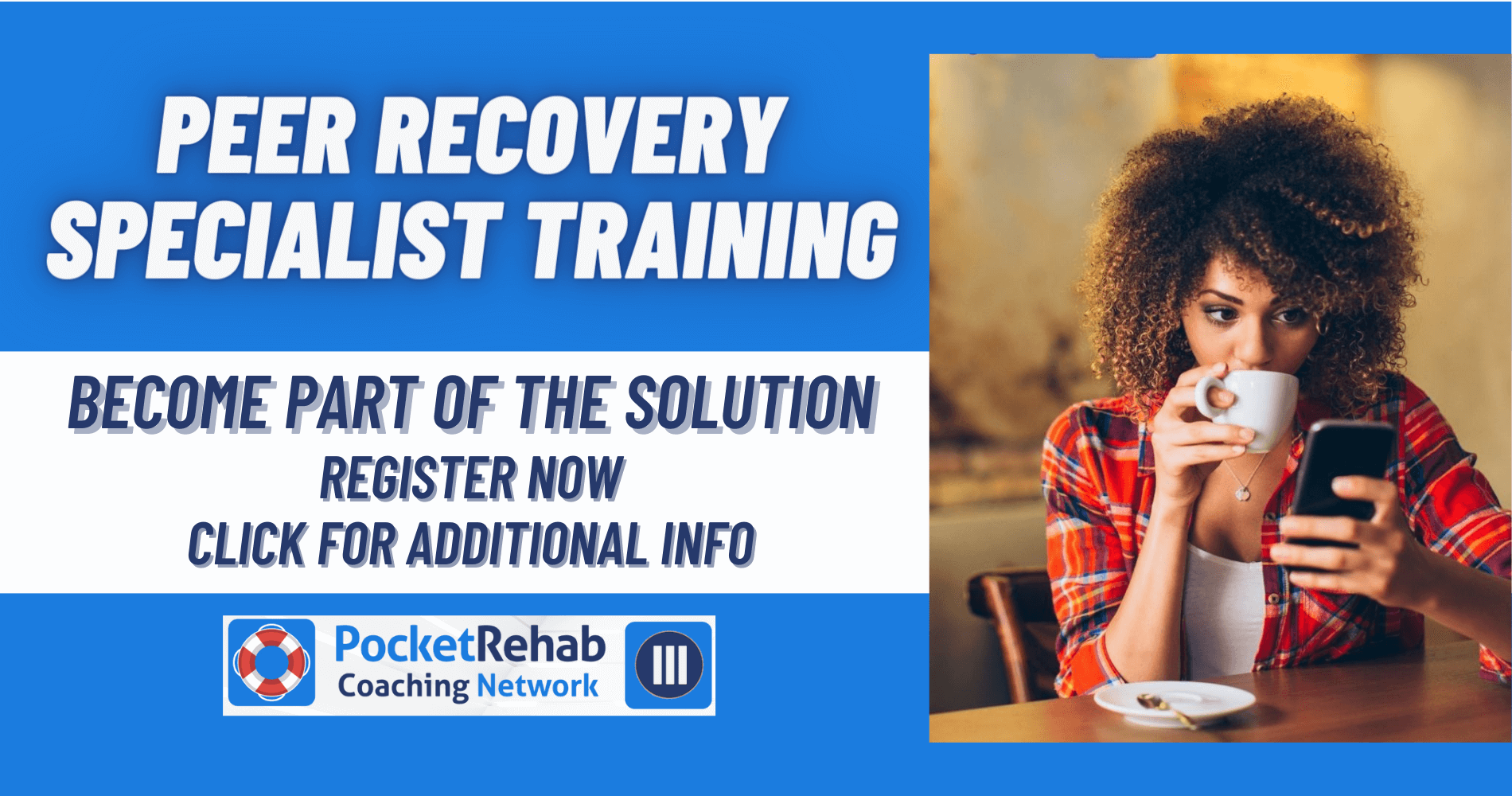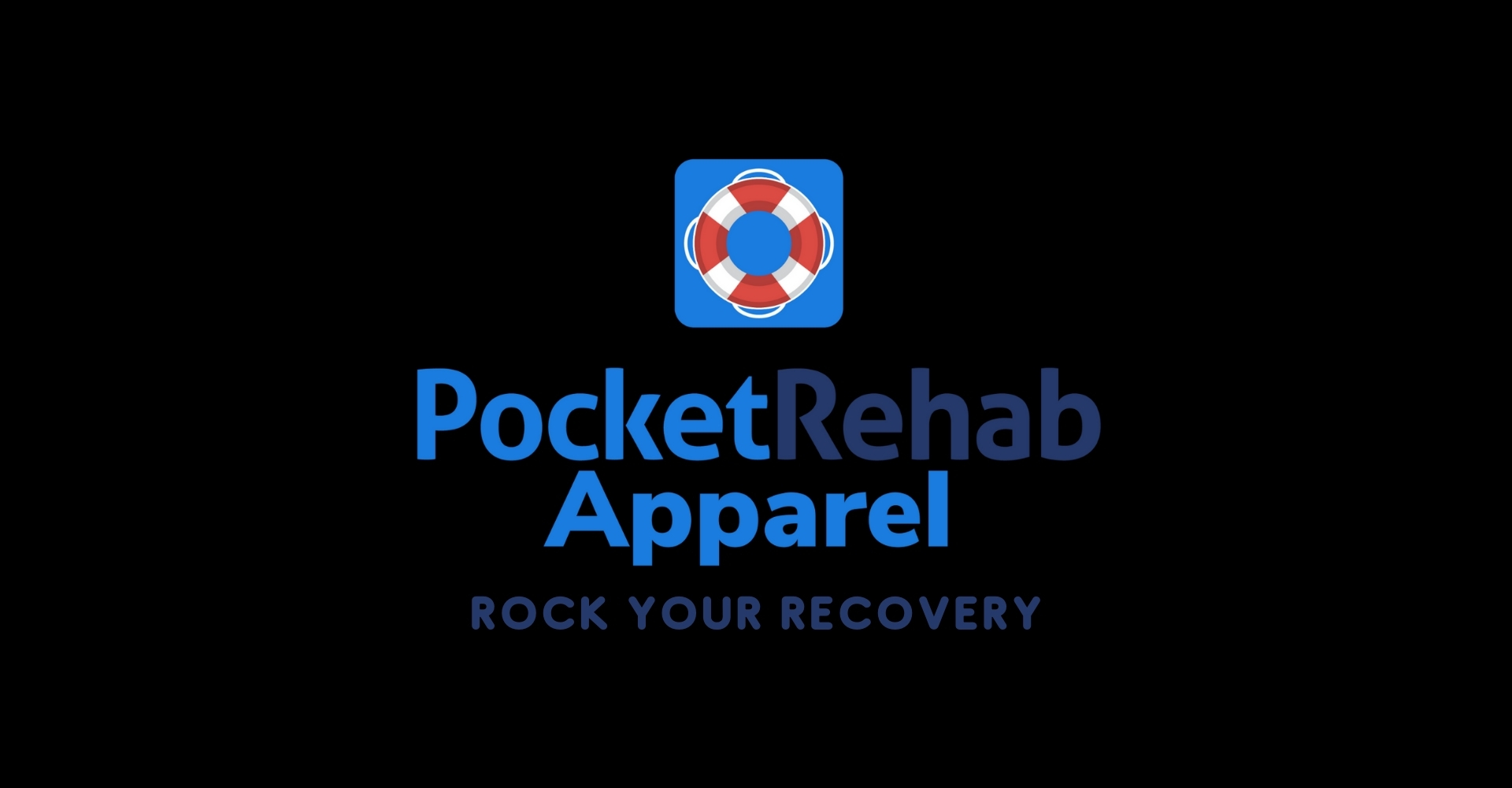COVID-19 & Coping with Anxiety in Recovery

A few months ago, nobody in the World was focused on COVID-19 or the Coronavirus. Now, everyone in the world is in some way impacted by the virus -- most of us are feeling the impact in the form of anxiety as we struggle with wondering what will come next, whether we will get sick or know someone that is sick, and when society will return to “normal.” As news outlets bombard us with information (both true and false), and warnings to self-isolate and remain socially distant play out in our everyday lives, it’s hard NOT to feel anxious.
If you’re feeling anxious, you’re not alone! Even those of us that do not suffer from anxiety disorders are feeling the burden of isolation, job loss, health decline and the various other ailments that are known triggers of anxiety in the perfect world. However, where there’s a will there’s a way--and anxiety doesn’t have to win! Follow these tips for coping with anxiety in recovery both now, and when lives return to “normal” in a post-COVID-19 world.
1. Determine the Trigger - And Avoid It
If your anxiety is not directly related to an underlying mental health disorder such as Generalized Anxiety Disorder or something else, then a good starting point in coping with anxiety is to define the trigger and find ways to avoid it. High levels of anxiety that interrupt your daily life on a regular basis can make everyday tasks difficult to complete. But, if you can figure out where the anxiety comes from and take steps to avoid it or to control it in some way, your chance of remaining sober and overcoming the anxiety is improved.
Common anxiety triggers in recovery include:
-
Being in a new place.
-
Starting a new job.
-
Feeling lonely.
-
Changes in routine.
-
Meeting new people.
-
Having trouble sleeping.
Each of the above triggers have several ways that you can avoid or overcome them. For instance, if you’re having trouble sleeping and the lack of sleep is making you anxious you may find that exercising several hours before bed calms you or you could try natural foods to evoke sound sleep. Likewise, if you’re feeling lonely and that’s making you anxious, consider connecting with people on Pocket Rehab and other apps or social media to help you feel less lonely.
2. Maintain a Strict Schedule
Much like you are taught in treatment to stay on task and get into a routine schedule, so too should you maintain a strict schedule in your day to day recovery routine. Keeping a strict schedule that includes going to bed on-time at generally the same time each night and waking at the same time each morning will help you to regulate and get better sleep. Eating healthy meals at the same time each day will help your body to regulate its response to anxiety and stress. Likewise, your schedule should include time for personal reflection, exercise, and focusing on your work or other important items in your life that must be done.
When your schedule is thrown off, the risk of feeling overly anxious can interrupt your otherwise calm mind. Do your best to keep your schedule balanced, not overly busy, and on-task to improve your anxiety and stress levels over time.
3. Meditation Techniques & Yoga
Simple meditation practices can help you to alleviate anxiety and feel more in control with your situation. Meditation doesn’t have to take a long time, it doesn’t have to be perfect, and it can be done anytime, anywhere. Several apps exist to help you practice guided meditation techniques that will calm anxiety. Consider recovery meditations that you can do daily in the morning or as anxiety arises to help you feel at ease throughout your day.
Likewise, Yoga is a great anxiety busting technique that is free, easy and readily available. Various types of Yoga exist to help you feel calm and in control. Chants, stretches, and breathing techniques that are paired with appropriate movements make Yoga an excellent means of reducing anxiety and stress in recovery. Check online for groups that you can participate in.
4. Use the 5,4,3,2,1 Grounding Technique
When you’re feeling anxious the best way to reduce the immediate anxiety is to ground yourself in the moment. Grounding techniques such as the 5,4,3,2,1 can help you physically connect with the moment and reduce the anxiety that you’re feeling. Here’s how it works:
-
Begin by breathing in long, deep, slow breaths.
-
As you breathe, focus on 5 things that you can see around you.
-
Continue to breathe, and focus on 4 things that you can touch around you.
-
Continue breathing and focus on 3 things that you can hear around you.
-
As you keep breathing, focus on 2 things that you can smell around you.
-
Finally, continue breathing and focus on 1 thing that you can taste.
By the time you have worked your way through all 5 senses you should begin to feel calm and in control of your environment.
5. Enjoy Healthy Distractions
Anxiety can spike up at any moment, but the more we actively participate in healthy distractions that better off we will be. One great way to deal with anxiety is to actively participate in healthy distractions such as:
-
Cooking.
-
Writing.
-
Reading.
-
Listening to music.
-
Creating art.
-
Watching a show.
Healthy distractions such as hobbies are an important part of a balanced schedule but if you find yourself constantly feeling anxiety and trying to distract yourself from it then you may need to take some time to find out where the anxiety is coming from. Determining the root cause of the anxiety can help you learn how to better prevent it rather than masking the situation.
If you’re in recovery, download Pocket Rehab to connect with a vast community of members in recovery that are actively sharing support with one another on a daily basis. Together, we can all work to achieve lifelong sobriety from drugs and alcohol. We can’t wait to share support with you!
Tags: COVID-19, coronavirus, anxiety, coping with anxiety, anxiety in recovery, recovery,





